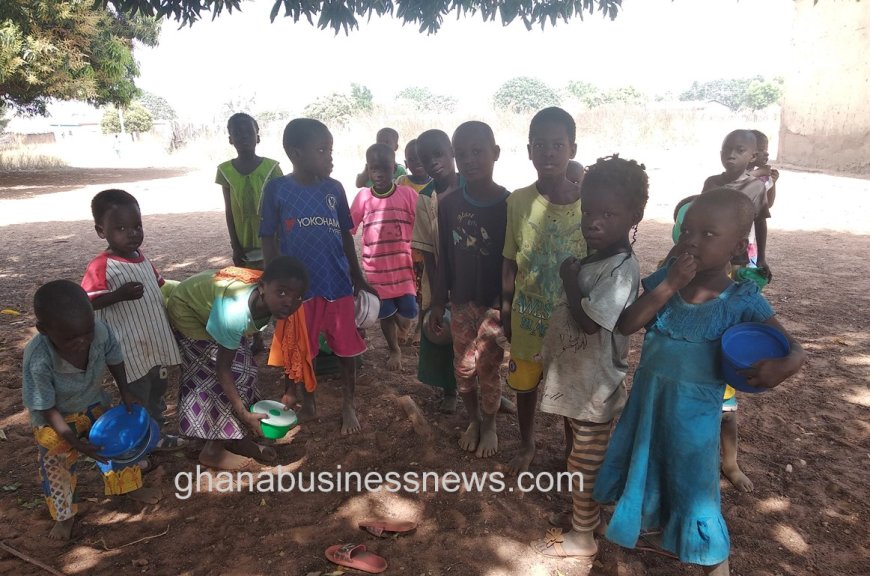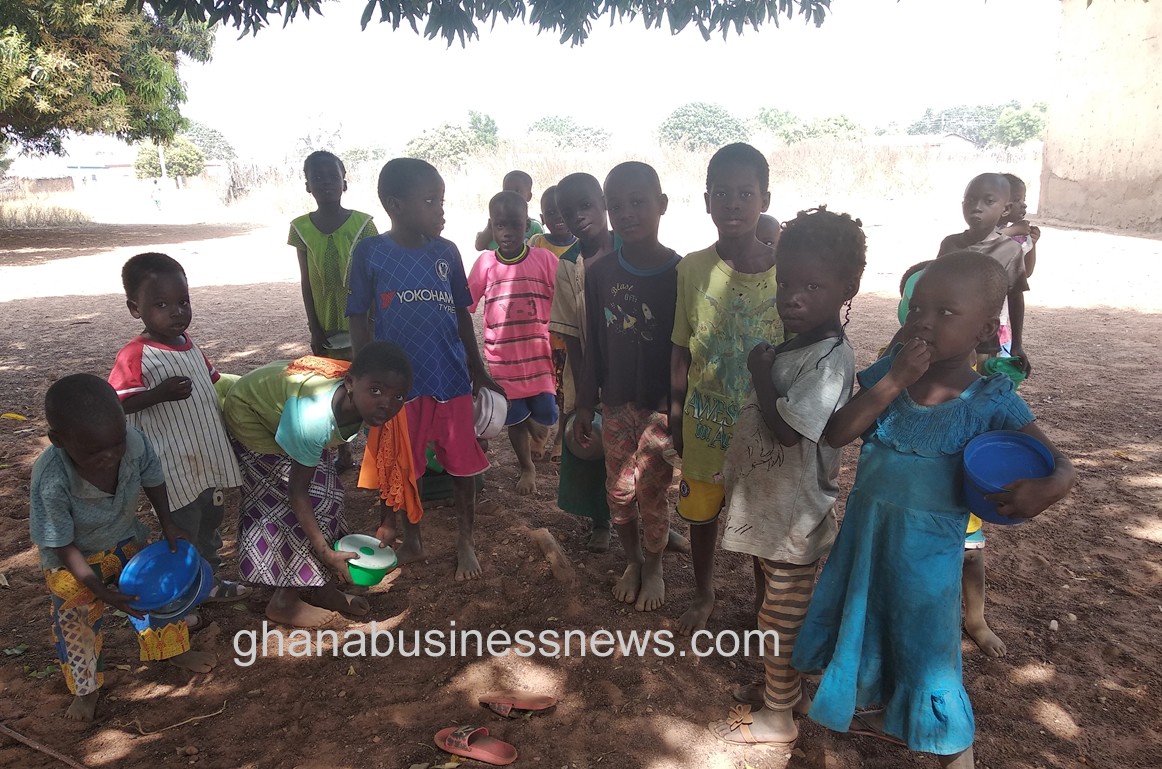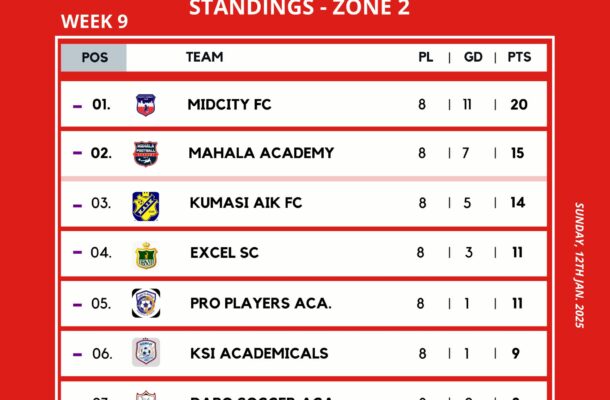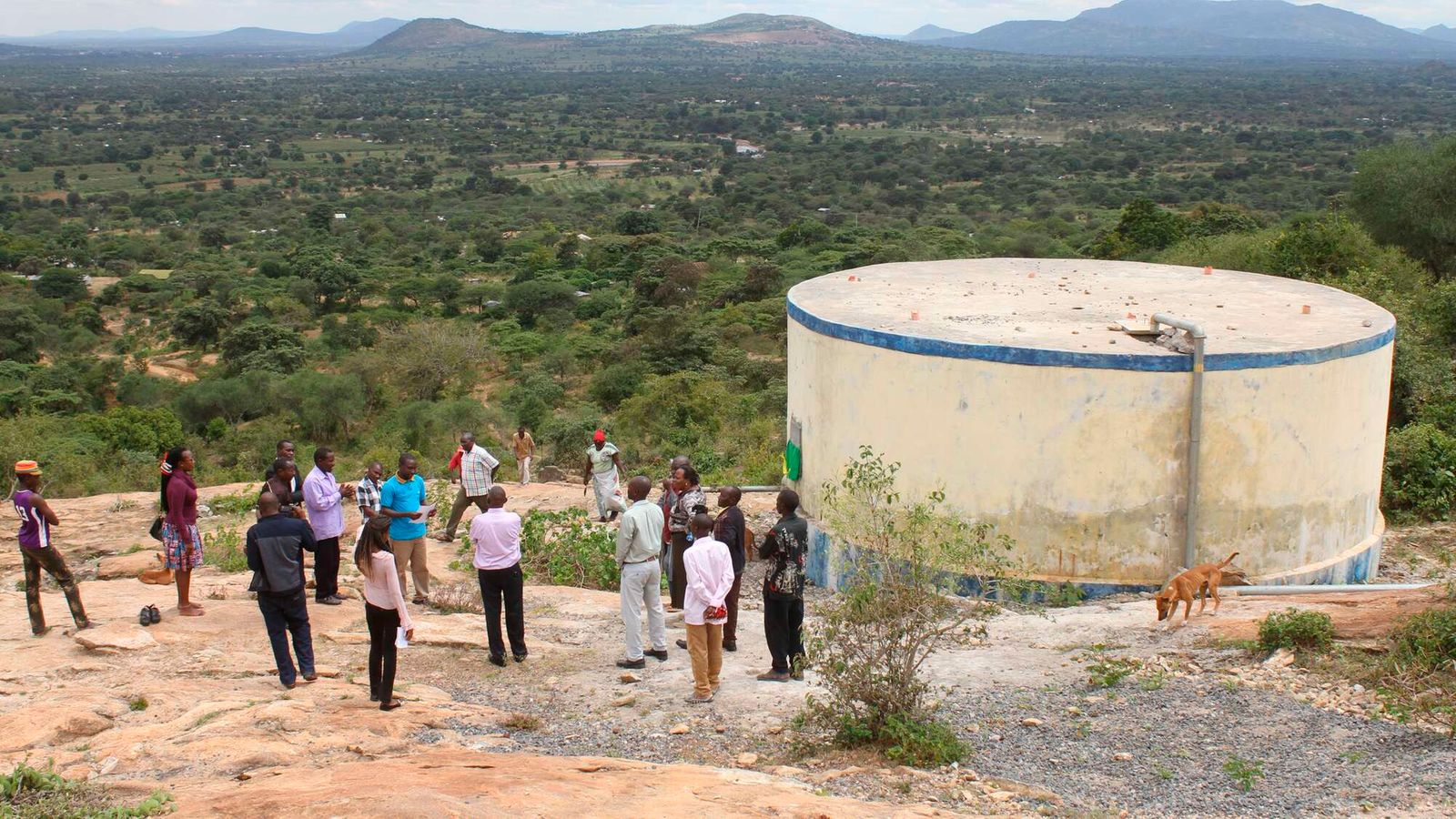About 1.7 million children in Ghana have blood lead levels above allowable limits
In Ghana, about 1.7 million children are estimated to have blood lead levels above five micrograms per deciliter – which is above the allowable limits. The post About 1.7 million children in Ghana have blood lead levels above allowable limits appeared first on Ghana Business News.



In Ghana, about 1.7 million children are estimated to have blood lead levels above five micrograms per deciliter – which is above the allowable limits.
Directors of Health Services in the Ashanti Region have therefore been advised to devise strategies to take advantage of social events to educate the public on the health implications of lead poisoning.
They must also establish cordial relationships with Community Information Center operators to leverage their presence in communities to engage the public in all forms of health education.
Nana Boakye Yam Ababio, the Chairman of the Ashanti Regional Steering Committee on Lead Poisoning, who gave the advice, said taking advantage of such social gatherings was the most cost-effective way of reaching out to the masses with health education.
He was speaking at a meeting of the committee in Kumasi as part of efforts to step up public education on the devastating effects of lead poisoning, especially among children.
Globally, one in three children have elevated blood lead levels with over 50 per cent of children in lower income countries affected, according to the United Nations Children’s Fund (UNICEF).
In Ghana, about 1.7 million children are estimated to have blood lead levels above five micrograms per deciliter – a concern for health authorities.
It is against this background that UNICEF is supporting the Ashanti Regional Health Directorate to implement interventions in eight selected districts and municipalities where activities that exposes humans to lead poisoning thrives.
They are Afigya Kwabre South, Asokore Mampong, Asokwa, Kwabre East, Kwadaso, Old Tafo, Suame and Kumasi Metro.
Due to the implementation of the interventions in the selected districts, their Health Directors attended the Steering Committee meeting which sought to discuss effective ways of creating public awareness on lead poisoning.
A vivid presentation highlighting sources, health implication, and preventive measures to reduce exposure to lead poisoning was made with participants making inputs to shape the conversation.
Nana Yam Ababio emphasised that the public must not be health informed but rather be health educated to achieve the desired outcome.
He explained that just informing them of the implication of exposure to lead poisoning was not enough but educating them thoroughly would lead to behavioural change.
He proposed a visit to lead poisoning activity hubs in the implementing districts by member of the committee to engage the people as part of efforts to combat the menace.
Source: GNA
The post About 1.7 million children in Ghana have blood lead levels above allowable limits appeared first on Ghana Business News.















































